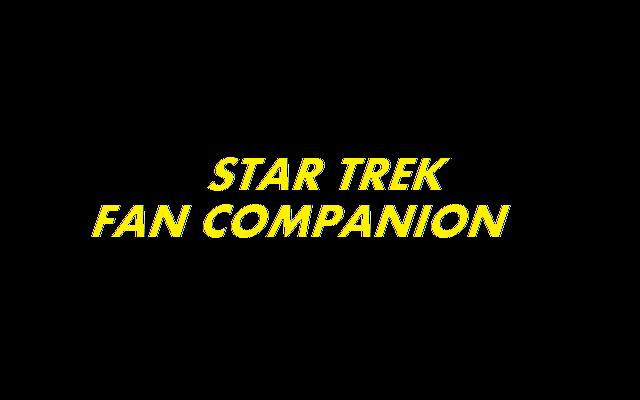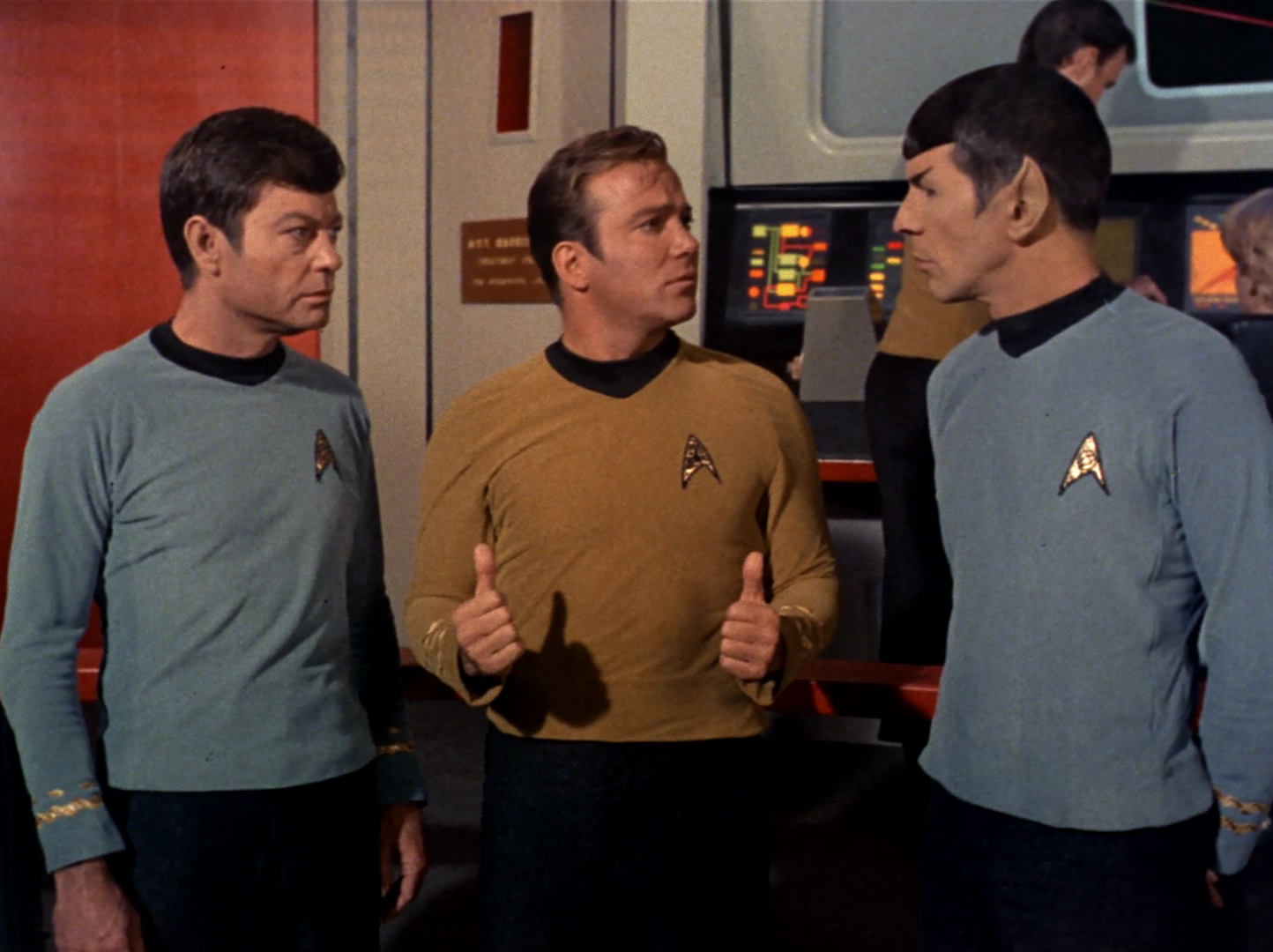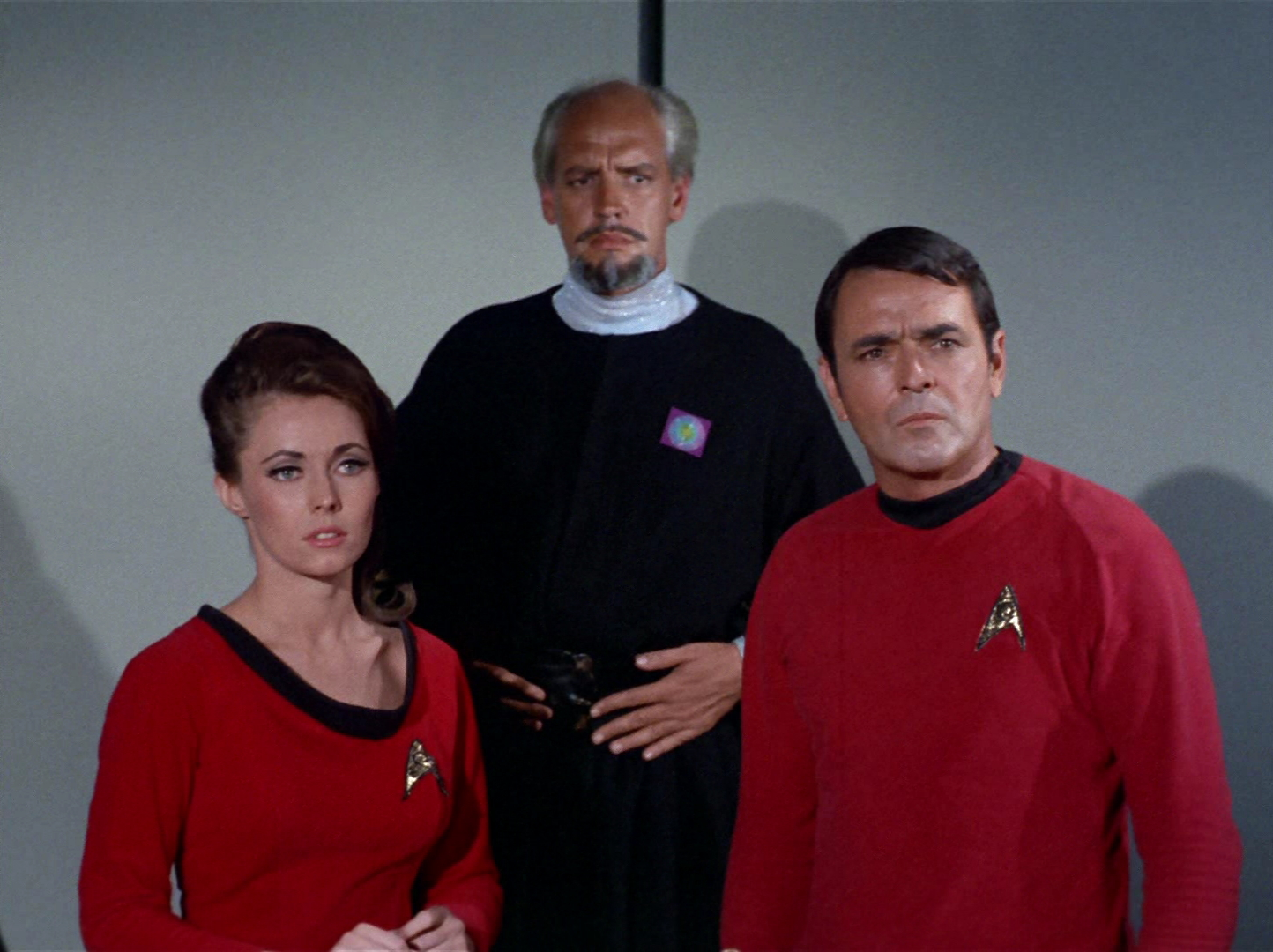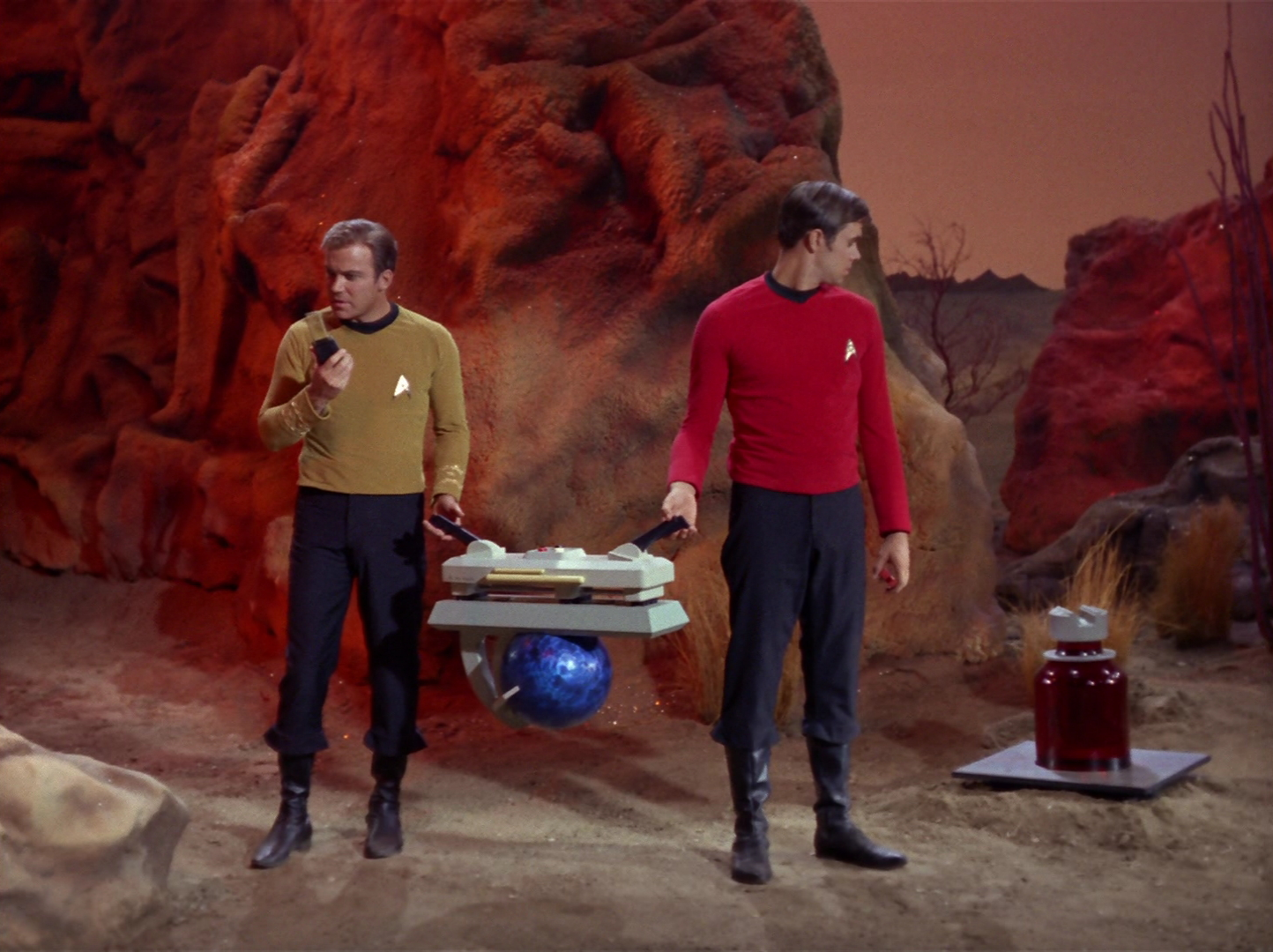This is one of the earliest drafted stories of the series, originally in consideration to have become the second pilot. Consequently, having sat around for nearly two seasons, its impact is significantly diminished after multiple episodes and different scenarios, not to mention the introduction of the iconic Romulans and Klingons, explored its Cold War parallels before "The Omega Glory" finally became reality.
So there's that. There are also parallels to later franchise stories, perhaps most significantly Star Trek: Insurrection with its Fountain of Youth, as well Voyager's "Resolutions" and even "Basics," about Starfleet officers becoming marooned on alien worlds, either for their health or simply among relatively primitive natives.
I could expound on any of these topics if you'd like, but the fact remains that this episode's real legacy is being part of a string of episodes that saw the second season lose all of its momentum. Doubtless reason enough for the network to have considered cancelling the series. Without its greatest inspirations, Star Trek might be considered very disposable indeed, no matter how memorable it intrinsically was, how inspired, how iconic. And "Omega Glory" takes a very circuitous route to embodying everything that went wrong and nearly ended the journey before it had properly begun.
So there's that.
 |
| via Strangers and Aliens |
One last element worth mentioning: Although typically any other Starfleet crew besides Kirk's met a quick and sticky end, it was always worth noting that there did, in fact, exist other crews. So the presence of such in this episode is notable. As such.
Incidentally, if you find you have no memory of "The Omega Glory" other than perhaps its distinctive title, now you know why. And "omega" in this instance refers to the alien planet-of-the-week, not so much a magic particle that would later fascinate the Borg...
four quarter analysis
franchise * series * essential * character










